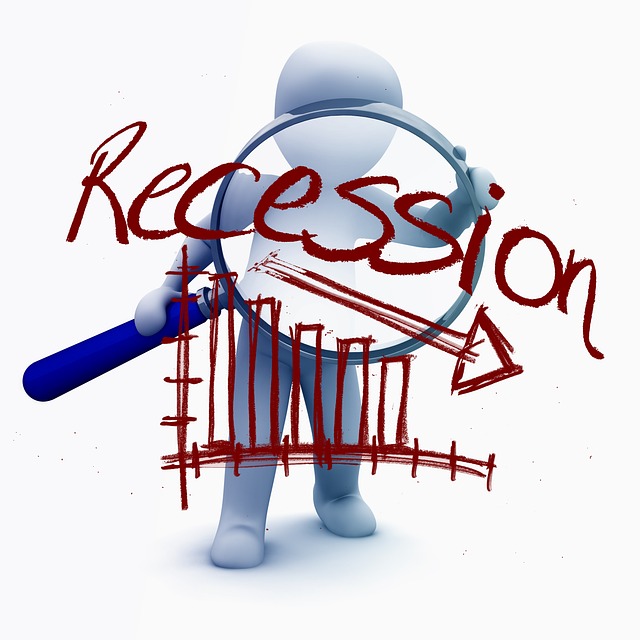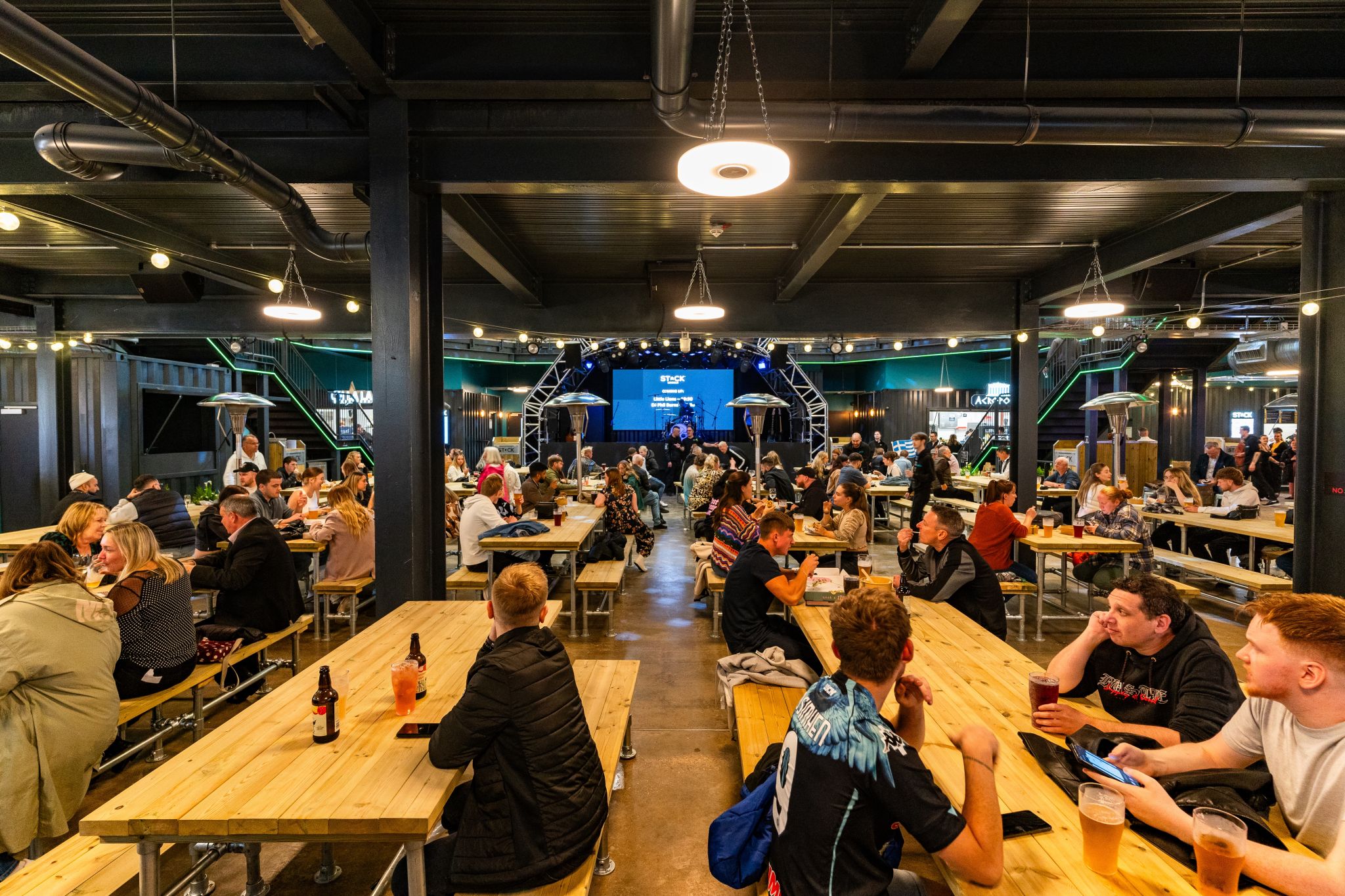On the 15th of February Britain was reported to be “officially” in a recession, although the downturn had already appeared in the last quarter of 2023. Our economy had stagnated after Covid and growth is expected to be slow in 2024, which may lead to a reduction in interest rates from the summer. We are also in an election year with the suggestion that taxes will be cut in the next budget, however, the government is also committed to reducing the National Debt so there is uncertainty about the impact of such cuts. Despite all of this it is believed that this is a “mild” recession.
Town Centres have relied on retailers for a long time, the high retail values in many cases having pushed all other uses to the fringes. However, as more and more go into administration and others consolidate their portfolios the general feeling is that people will have to get used to less shops except in the prime locations.
It has recently been reported that Lloyds Pharmacy and The Body Shop are now casualties of administration.
The well-known ethical brand The Body Shop which, thrived for years as shoppers bought into its ethical values was taken over by L’ Oreal then sold onto private equity firm Aurelius. As in many cases, a brand can lose it soul and purpose when it changes hands, where the true value gets overshadowed by the numbers game. Debt gets added in and suddenly any slight downturn in growth is disastrous. Lloyds pharmacy was also bought out by Aurelius and another failure. (Source: https://news.sky.com/story/body-shop-uk-in-administration-what-went-wrong-13070677?utm_source=pocket-newtab-en-gb)
Due to a decrease in consumer spending, Nike is to cut 2% of its work force approximately 1500 staff ,as it invests more into its growth areas of running, women and the Jordan Brand (Source: https://www.msn.com/en-us/money/companies/nike-to-lay-off-2-of-employees-cutting-more-than-1500-jobs-during-broad-restructuring/ar-BB1inIKA)
There are and will be many other losers before 2024 is out but why is this happening? The downturn in the economy is not just due to the pandemic, which of course had a major impact on growth and although it has improved, it has not totally reached the pre pandemic levels expected.
Disruptions in the Red Sea has had a major impact on the retailers sourcing from China and Asia, as re-routing away from this area is adding two to three weeks’ delay on the supply chains affecting the Euro Commerce members such as M&S, Tesco, Lidl, H&M and Primark to name just a few. This will in doubt lead to a rise in costs which could in some way be passed on to the consumer.
Despite this the Retail Think Tank has produced a white paper outlining key growth areas for 2024 (Source: https://www.retailthinktank.co.uk/2023/12/21/despite-a-muted-outlook-for-2024-the-retail-think-tanks-whitepaper-outlines-key-growth-opportunities-and-predictions-for-next-years-winners-and-losers/) It believes that retail parks will remain the forerunner for retail due to ease of access and shopping mix which include the essential supermarket chains.Retail needs to adapt to an omni channel presence as online sales are expected to exceed 50% of sales although the rising cost of trading on-line is now the same as in stores.
Out of town retailing is however not inclusive, as many hardship groups do not have the means to access these remoter locations. Their success just bleeds the town centres of disposable income and creates further decline, adding to the lack of investment and increasing lack of civic pride. Even the jobs become harder to access.
We need to find the alternative purpose for many less wealthy town centres and fast. Whatif… have often said, and its total common sense, that poor town centres creates a real drag on housing supply as it effects viability, fundamentally because no one wants to live there. Fix the town centres and the housing delivery becomes faster – simples!! It’s a holistic solution that’s needed.
So …the winners in retail will continue to be those who have the funding to innovate, if not for now, for when the growth returns to the economy which is inevitable. Other winners in 2024 will be Food Retailers, Health, Beauty and Wellness and the circular retailers who provide sustainability and value for money. Staying abreast of the changes in consumer habits, wants and needs will be imperative and ability to adapt to those changes will separate the winners from the losers.
The main losers however are the communities whose towns have been decimated by these structural changes, exacerbated by a lack of investment for years from both public and private sectors.
Whatif…continue to advocate the need for the public and private sectors to come together in equitable Public Private Partnerships to help find the solution- get in touch if you want to know more.
Paul Wright paulwright@whatifgroup.io
Kevin Parkes kevinparkes@whatifgroup.io
Photo courtesy of Gerd Altman

